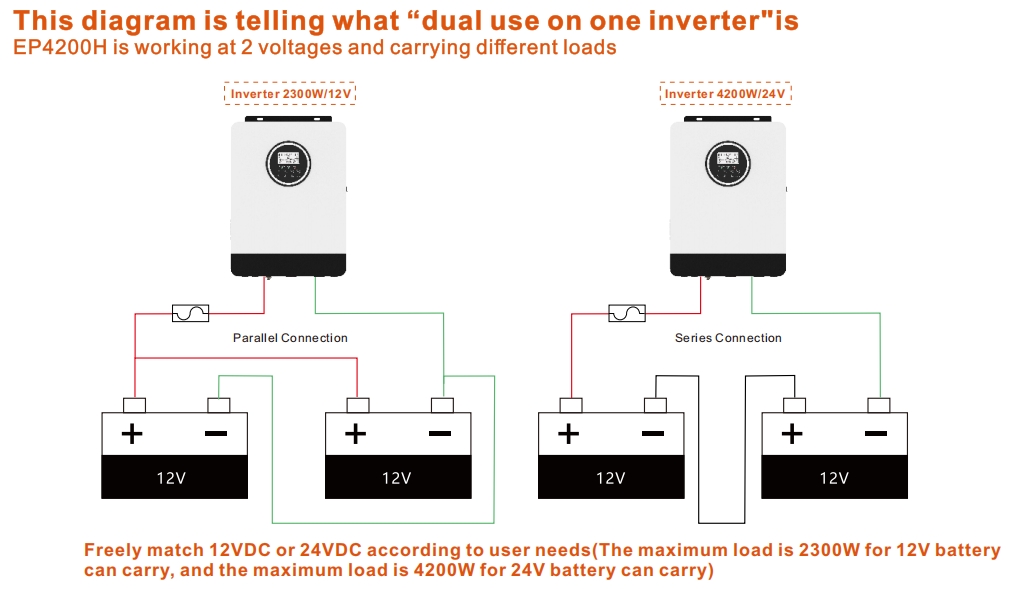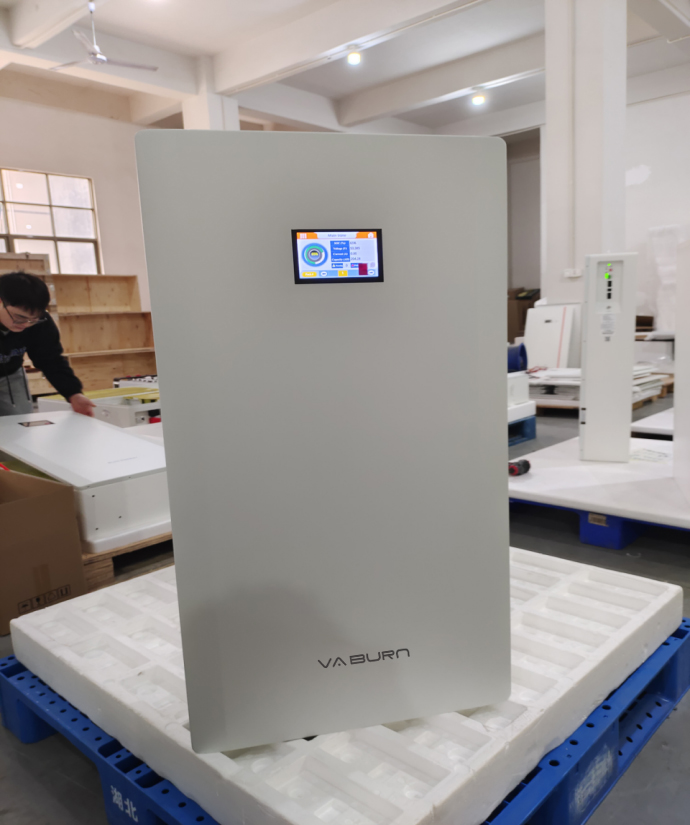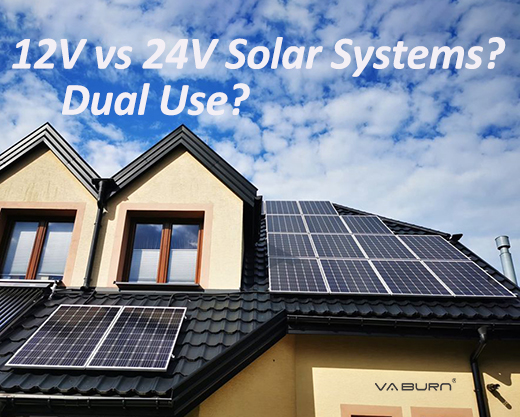12V vs 24V Solar Systems: Which One Is Right for You
Introduction
When setting up a solar power system, one of the most important decisions is choosing between a 12V and 24V setup. Both options have unique advantages, but the right choice depends on your specific power needs and application.
What Is the Difference Between 12V and 24V Solar Systems?
A 12V system uses batteries and inverters designed for lower voltage, typically used in smaller setups like RVs, boats, and small off-grid homes. A 24V system handles higher loads and is more efficient for larger installations such as commercial buildings and large-scale home systems.
Benefits of 12V Solar Systems
-
Easy to find compatible components
-
Ideal for low-power applications
-
Lower initial investment
-
Suitable for mobile and portable setups
Benefits of 24V Solar Systems
-
Higher efficiency in power delivery
-
Supports larger appliances and higher loads
-
Less current means thinner cables, reducing costs
-
Better for long-distance power transmission
Why Choose a Dual Use Inverter?
A dual use inverter, like our newly launched model, offers the flexibility of both 12V and 24V compatibility. It adapts to your battery setup, supporting up to 2300W on 12V and 4200W on 24V, making it a smart choice for both home and commercial users.

Conclusion
Whether you're running a small off-grid cabin or powering a larger energy system, understanding the difference between 12V and 24V solar systems is key. Our dual use inverters give you the freedom to switch as your needs grow.
 Why Choose Vaburn
Why Choose Vaburn
 Top Benefits of Energy Storage for Homes and Businesses
Top Benefits of Energy Storage for Homes and Businesses
 12V vs 24V Solar Systems: Which One Is Right for You
12V vs 24V Solar Systems: Which One Is Right for You

